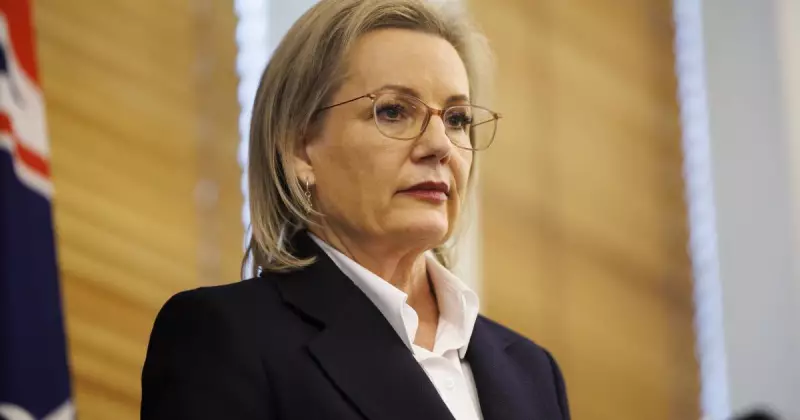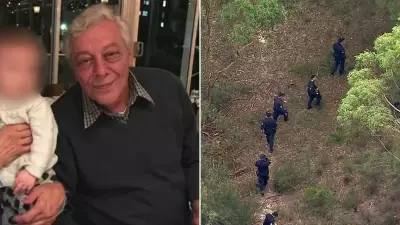
In a significant shift for the Coalition, Opposition Leader Susan Ley has announced a major pledge to ramp up spending on Australia's air and missile defence systems, alongside a push for advanced autonomous weapons.
Strategic Shift in Defence Policy
Ms Ley will use a keynote speech at the Menzies Institute in Melbourne on Thursday to outline the new defence priorities, marking a clear departure from the policies of her predecessors. She plans to position immediate funding to fill critical gaps in the nation's air and defence capabilities as a top priority, arguing it is essential to protect military bases from a "plausible future on the other side of a war in our region."
According to written excerpts of her speech provided to media, Ley will identify three key areas for urgent investment:
- Boosting air and missile defence capabilities.
- Developing a greater ability to rapidly build, deploy, and resupply unmanned and autonomous weapons systems, including aerial drones and undersea systems.
- Establishing a greater sovereign capability for satellite connectivity.
Funding and Internal Dynamics
While the speech excerpts do not explicitly call for increasing defence spending to 3 per cent of GDP, it is understood this remains Liberal Party policy. This announcement comes amid internal party debates over energy policy and a separate plan to significantly cut immigration numbers.
The pledge also follows a previous commitment made during the election campaign by then-opposition leader Peter Dutton to increase defence spending by $21 billion over five years, a plan which lacked a detailed breakdown.
Coalition defence spokesperson Angus Taylor, who is considered a leadership rival to Ms Ley, had previously flagged increased funding for drones and missiles as a priority in a September interview. Ms Ley is now set to accuse the current government of failing to place production orders for guided missiles to meet immediate defence needs.
Broader Defence and Political Context
Military experts have consistently criticised both Labor and successive Coalition governments for failing to adequately fund defence procurement to manage the evolving strategic risks in the Indo-Pacific.
Current projections show Australia's defence spending is set to reach 2.3 per cent of GDP by 2033, which coincides with the expected delivery of the first Virginia-class submarine from the US under the AUKUS pact.
In her speech, Ms Ley will also advocate for lifting Australia's ban on nuclear energy, framing it as a way to build the civilian workforce required for the AUKUS submarine program. Furthermore, she will question the credibility of the United Nations following its accusations against Israel regarding Gaza, stating, "Despite some recent successes driven by the US, the UN has moved further and further away from the issues most Australians think it needs to address."
Prime Minister Anthony Albanese has so far remained non-committal on whether Australia will lift defence spending to 3.5 per cent of GDP, as reportedly demanded by the Trump administration, stating his government would fund defence based on necessity.






